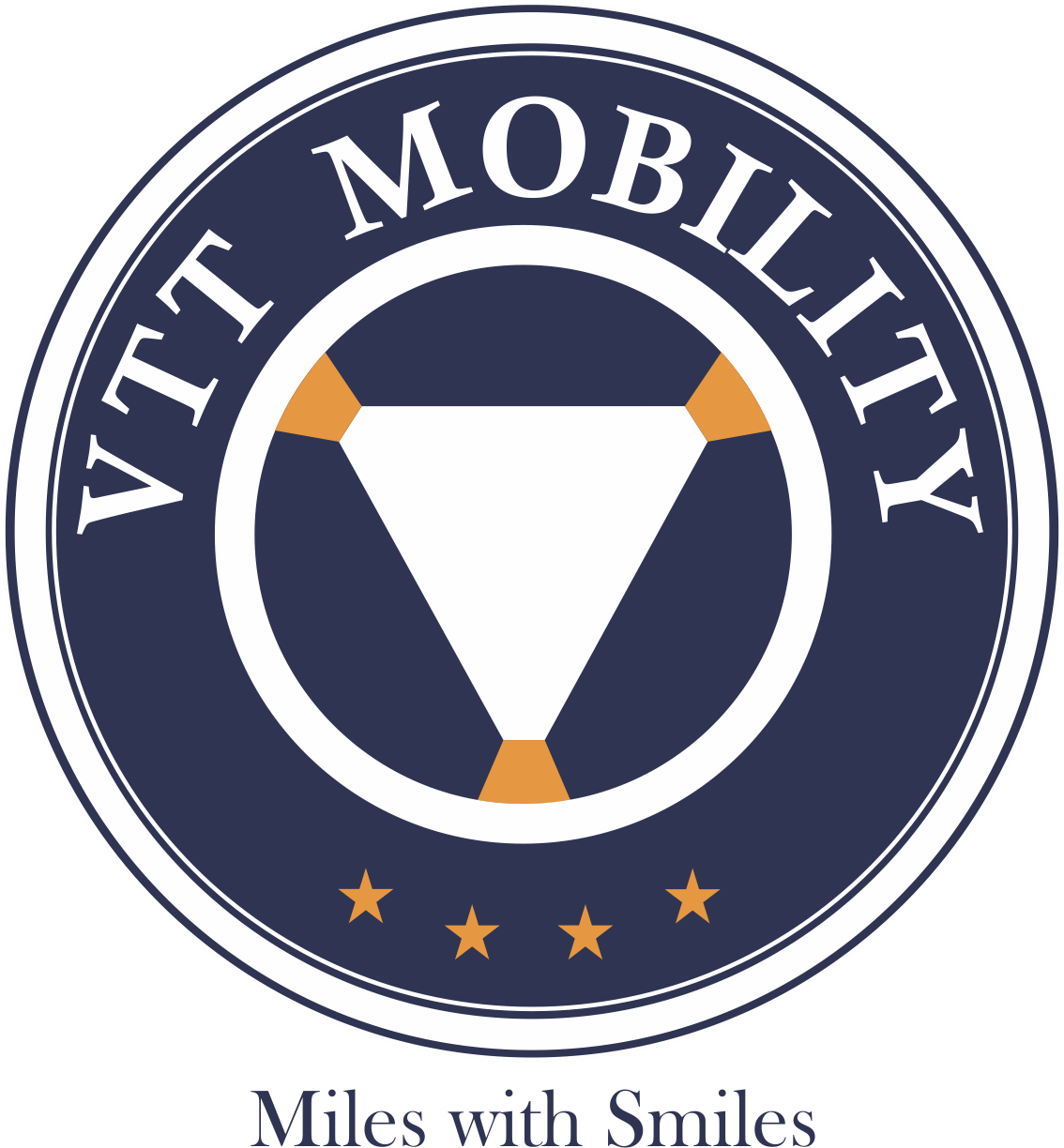Rise of Innovative Mobility
Challenge:
India’s projected 22% population increase by 2030 intensifies the need for efficient mobility options amid concerns about sustainable and accessible transportation. Despite this, a decline in passenger car sales, particularly among Indian millennials, is evident due to diverse factors like affordability issues, high insurance payments, fluctuating fuel prices, parking challenges, and a desire to reduce carbon footprints. Addressing these challenges becomes crucial as the demand for better mobility solutions rises.
Solutions:
The competitive landscape sees well-funded mobility services reshaping Indian commuting habits. Bike taxis, ride-sharing, carpooling, bike-sharing, luxury mobility services, and hassle-free mobility services have gained popularity as alternatives. Key players like VTT secure significant investments with a constantly rising market rating and user base.
Results:
These mobility companies significantly impact India’s economy by transforming commuting habits and challenging traditional norms related to car ownership. Despite their relative youth, these companies address gaps in transportation infrastructure, providing efficient and affordable alternatives. The future of mobility in India is characterised by the convenience and affordability offered by these innovative solutions, ushering in a new era of accessible and sustainable transportation while challenging long-standing traditions related to personal chauffeurs and the symbolic “first car” milestone for young adults.

